Winter Safety Tips for Seniors in Washington: A Comprehensive Guide
Understanding the Risks of Winter in Washington
Winter in Washington can be both beautiful and challenging. For seniors, the cold weather poses unique risks that require special attention. From icy sidewalks to unpredictable weather patterns, staying safe during these months is essential. Understanding the specific challenges faced during winter can help in planning and preparation.
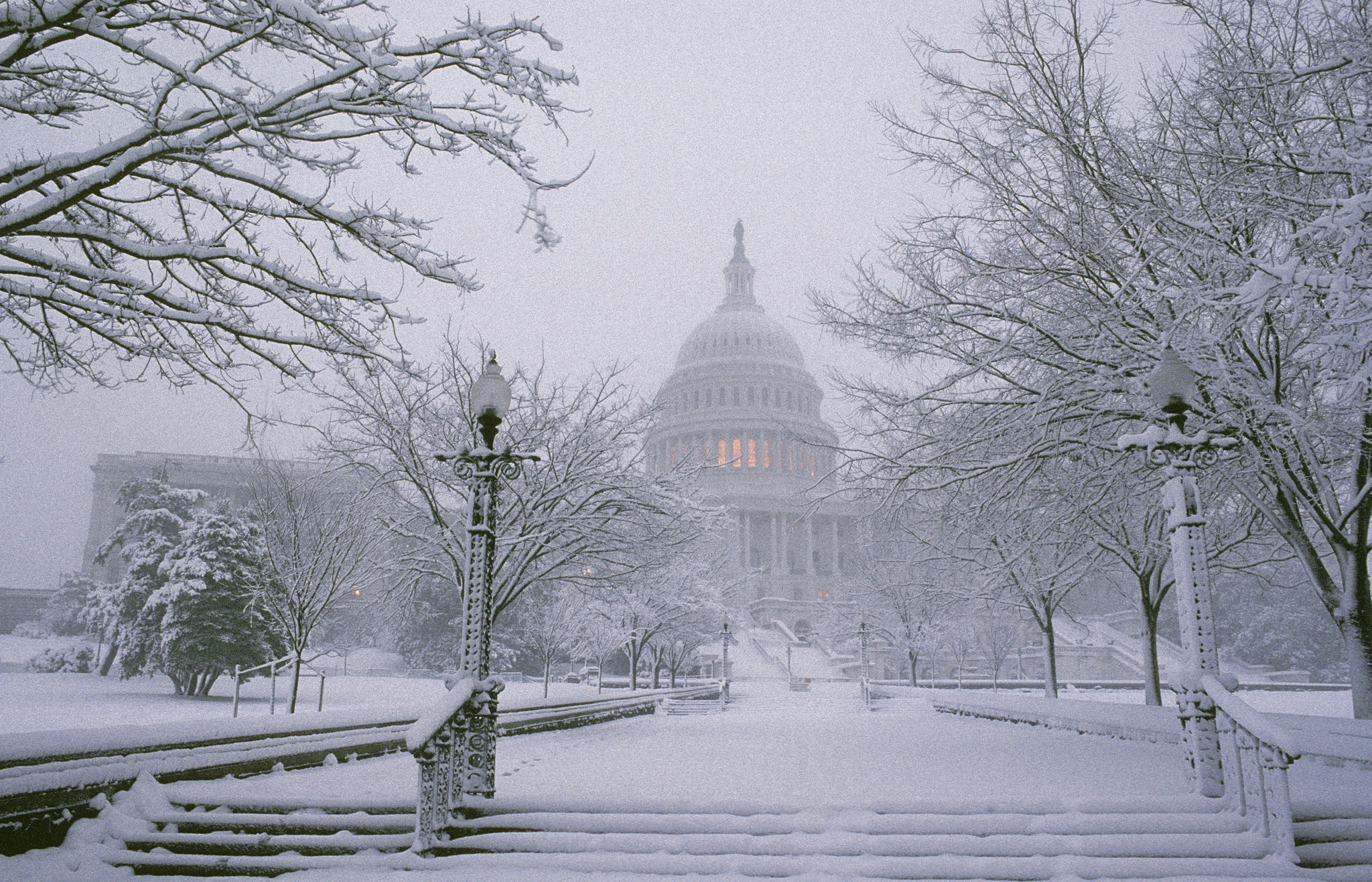
Preparing Your Home for Winter
Before the temperature drops, it's important to ensure that your home is well-prepared. Insulating windows and doors can prevent drafts and keep heating costs down. Consider installing a programmable thermostat to maintain a comfortable temperature without additional effort. Also, make sure that smoke detectors and carbon monoxide alarms are functioning properly.
Having an emergency kit on hand is crucial. This should include flashlights, batteries, non-perishable food, water, and any necessary medications. Additionally, seniors should keep a list of emergency contacts readily available, including family members, neighbors, and healthcare providers.
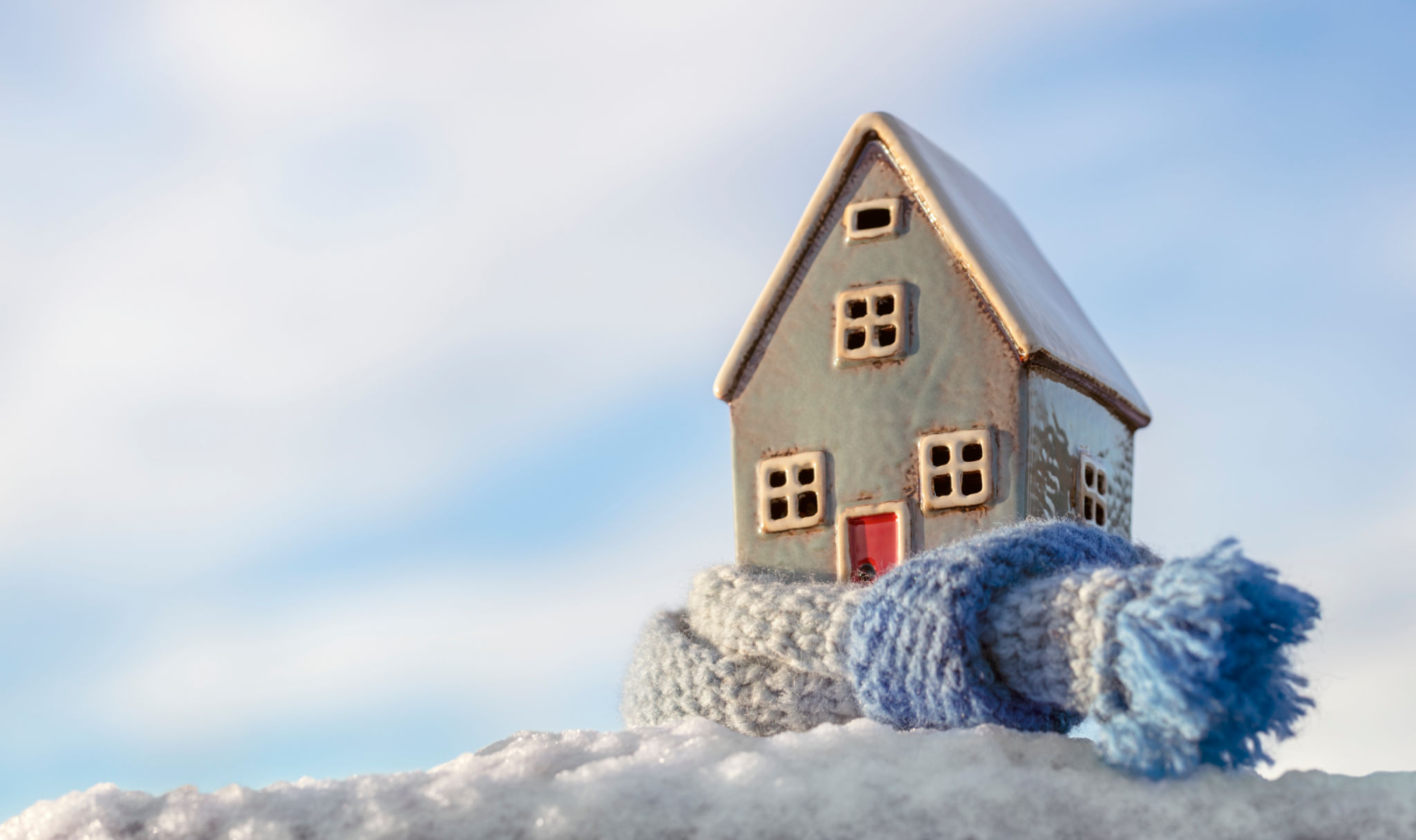
Dress Appropriately for the Cold
Layering is key when dressing for winter weather. Seniors should wear multiple layers of clothing to stay warm and remove layers if they become too hot. Investing in a good quality winter coat, hat, gloves, and scarf can make a significant difference in maintaining body warmth.
It's also important to wear proper footwear. Shoes or boots with non-slip soles can help prevent falls on slippery surfaces. Always check the weather before heading out and dress accordingly to stay comfortable and safe.
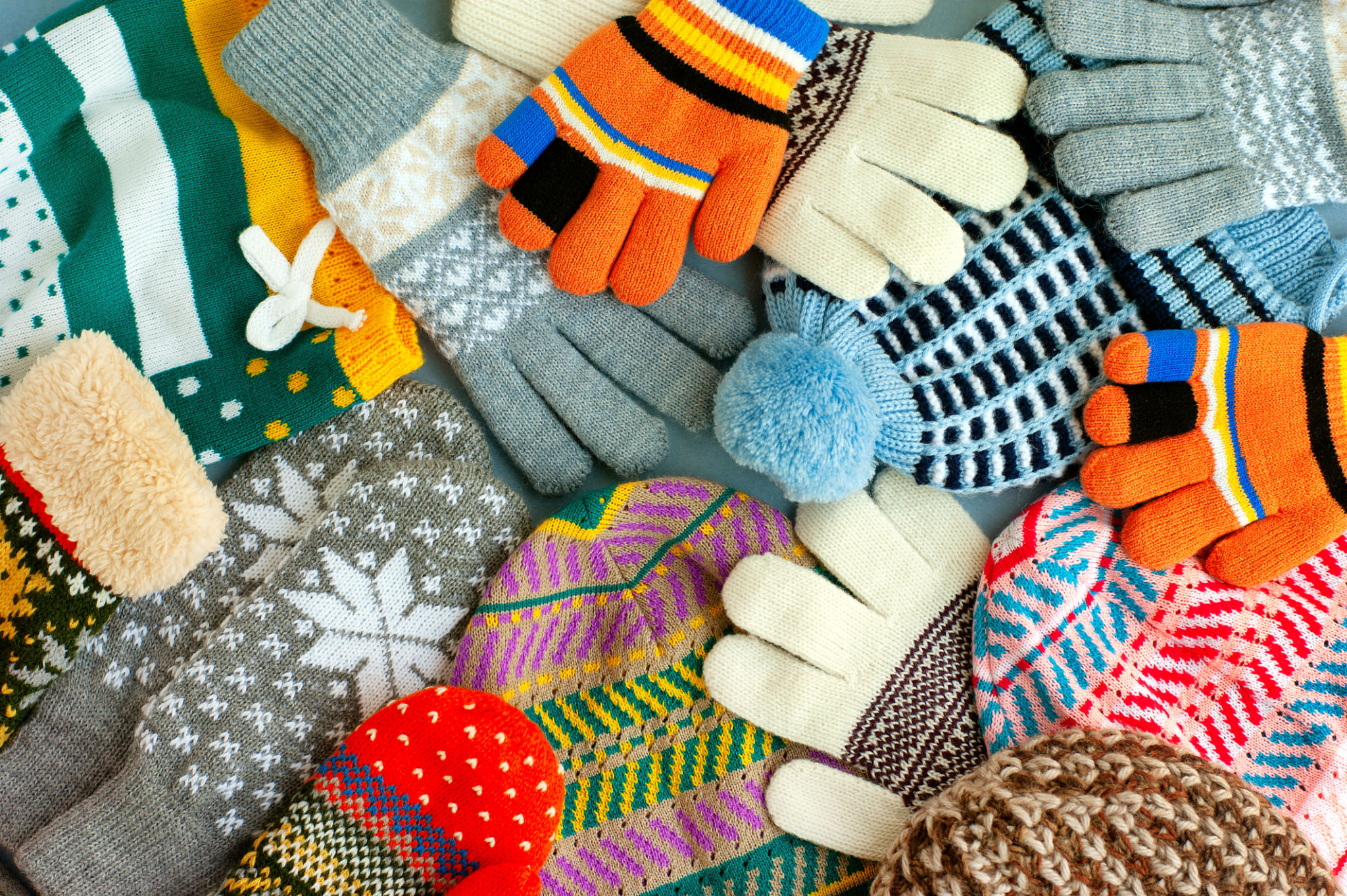
Navigating Outdoor Spaces Safely
Outdoor safety is paramount during the winter months. Ice and snow can turn sidewalks and driveways into hazardous areas. Seniors should always use handrails when available and consider carrying a small bag of sand or salt to sprinkle on icy spots if necessary.
If possible, avoid going out during severe weather conditions. When it's essential to be outside, make sure to walk slowly and take small steps to maintain balance. Using a cane or walker with an ice tip can provide additional stability.
Maintaining Health and Well-being
Winter can impact not only physical safety but also overall well-being. Seniors should aim to stay active indoors with light exercises or yoga. This helps to maintain mobility and prevent stiffness during the colder months.
A healthy diet is equally important. Consuming nutrient-rich foods can boost the immune system and provide energy. Staying hydrated by drinking enough water is crucial, even when it's cold outside.
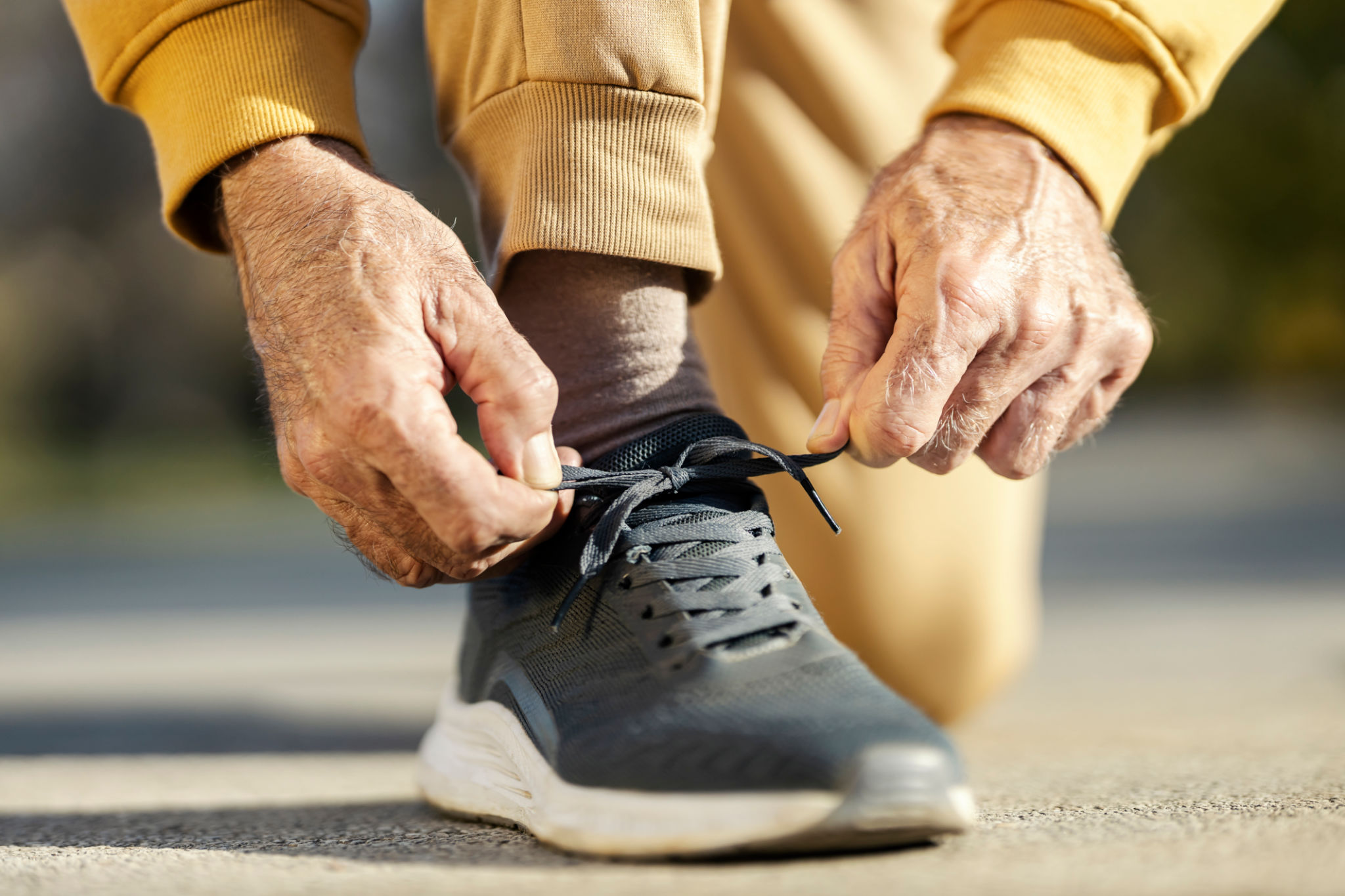
Staying Connected with the Community
Isolation can be a concern for seniors during winter, especially with reduced social activities. Staying connected with family and friends through phone calls or video chats is important for mental health. Participating in community events or online groups can also provide social interaction.
Encourage neighbors or family members to check in regularly. A quick daily call or visit can make all the difference in ensuring seniors feel supported and cared for during the winter months.
Planning for Emergencies
Having a plan in place for emergencies is vital. Seniors should know who to contact in case of a power outage or severe weather. It's beneficial to have a backup plan for transportation needs, especially for medical appointments.
Local services often offer assistance to seniors during winter, such as meal delivery or transportation services. Familiarizing oneself with these resources ahead of time can provide peace of mind during the often unpredictable winter months.
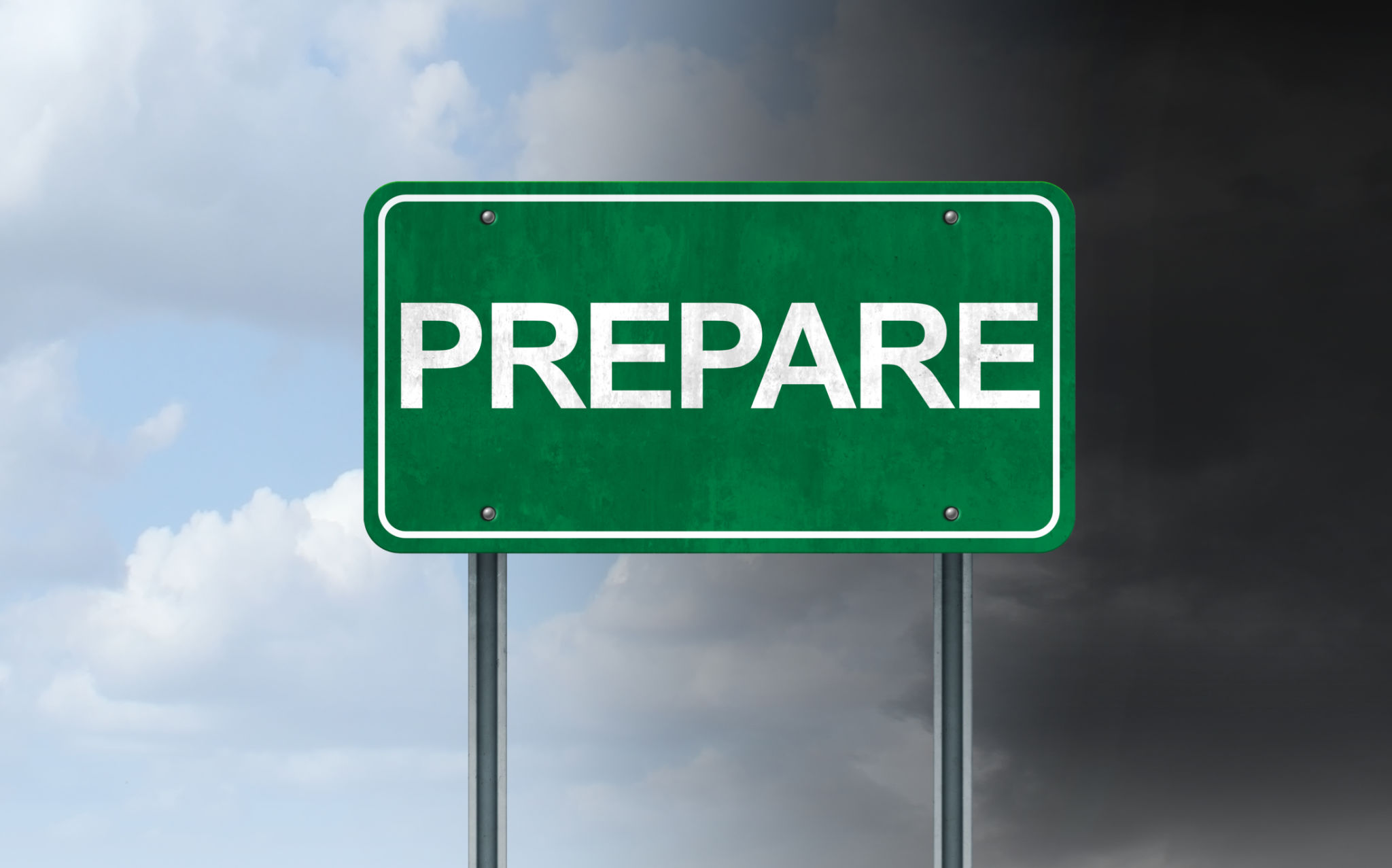
Conclusion
Winter safety is about preparedness and vigilance. By taking proactive steps, seniors in Washington can enjoy the beauty of the season while minimizing risks. Ensuring a warm home, dressing appropriately, maintaining health, staying socially connected, and having a solid emergency plan are all essential components of staying safe this winter.
